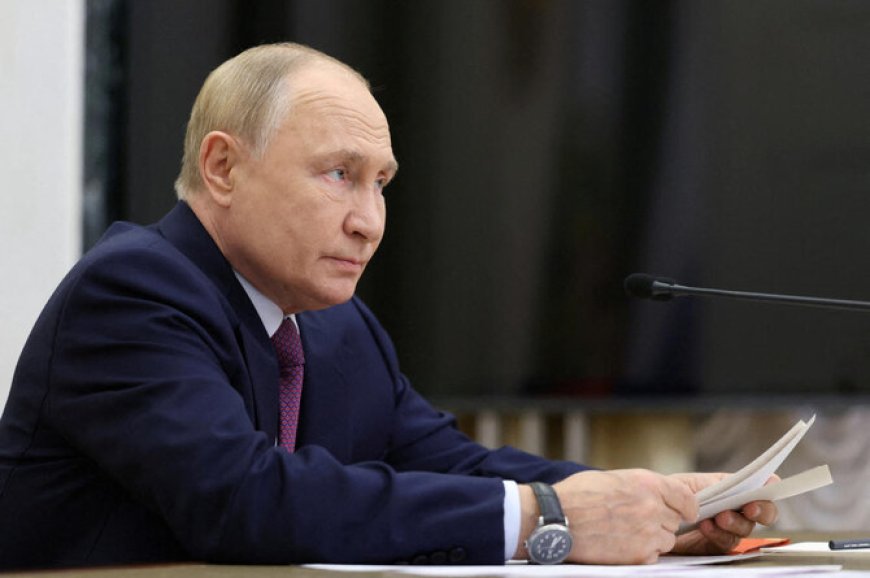Putin's Pledge: A Constant Dedication to "victory" in Ukraine Through Current Conflict

Russian President Vladimir Putin underlined in a recent speech honoring what the Kremlin defines as "Reunification Day," his relentless will to reach all goals Moscow sets for its continuous confrontation with Ukraine. Putin's remarks, which argue that "the truth is on our side," show a strong conviction in the moral worth of Russia's activities as the war draws toward its third year. Every objective established will be met.
After the assault started in February 2022, Russia controversally annexed four Ukrainian territories: Lugansk, Donetsk, Zaporizhzhia, and Kherson. Although Putin's government says these areas are now part of Russia, actual ground reality shows otherwise. Many of these areas are still under dispute, and Ukrainian forces keep launching counterattacks meant to recover terrain lost.
Putin's speech on this anniversary not only captures the story of his government but also a more general plan meant to confirm internal support. Putin wants to provide moral justification and urgency for the war by presenting the conflict as a fight against a "neo-Nazi dictatorship" supposedly endangering Russian-speaking communities. He charged "Western elites" of turning Ukraine into a "colony" and a military outpost meant to challenge Russian sovereignty, hence strengthening the impression of an existential war against Western dominance.
Maintaining public support in Russia depends on this representation, particularly as the conflict continues and the humanitarian and financial expenses become more noticeable. With mounting proof of military losses and the difficulties of maintaining a protracted involvement in Ukraine, the Kremlin has come under more and more criticism for its management of the war. Reports show that Russian troops lack resources, have poor training, and have low morale among themselves, therefore highlighting the challenges in reaching the high targets set by Putin.
Globally, the continuous confrontation has spurred a range of reactions, from military and Western financial assistance for Ukraine to further punitive sanctions against Russia. Tensions have been raised even further by the recent delivery of modern weapons to Ukraine since Russia sees them as directly endangering her national security. Putin underlined in his remarks that Russia is "fighting for a secure, prosperous future for our children and grandchildren," thereby orienting the battle not just as a territorial one but also as a turning point in the history of the country.
The ramifications of Putin's statements ring well beyond Russia's boundaries as the war grinds on. Both sides are getting ready for what many experts believe might be a severe winter of fresh warfare, hence there is still great possibility for escalation. In this regard, Putin's declaration that all aims would be fulfilled functions as both a sobering reminder to the world community of the Kremlin's will to pursue its objectives in Ukraine and a rallying cry for his supporters.
In essence, the reality of the battlefield, the resiliency of Ukrainian forces, and the geopolitical consequences of the fight provide a more complicated picture even when Putin's assertions of certain triumph ring true inside Russian state media. Watching attentively while this protracted battle plays out, the world hopes for a conclusion that respects national sovereignty and individual rights of those caught in this terrible war.













































